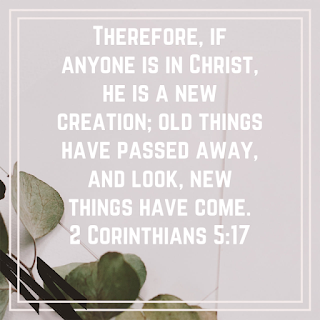Luminescent glee.
This film (based on a true story) deeply reminded me of a conversation I had with a friend a while back about the need for aid and public service development within our country. I argued that we can provide and build for those abroad, for many are homeless or without adequate shelter (speaking as an architect I suppose). He pointed out that even if an impoverished has a roof over their head, this may be the only difference between them and one abroad, as our health services and expenses, amongst other expenses, can put them on the brink of instability and debt. This doesn't diminish my desire to see development and sustainable practice abroad, but helped me see, rather, that stable societies need to start at home, at it requires a lot of people, legitimately so, to make this happen. Or else, what ideas of hope and security can we try to spread abroad?
I also found this movie interesting that the hope and transformation Michael found was amongst a privileged, extravagantly-living family. Movies tend to exemplify the opposite usually it seems, that change is taken to heart when the character experiences the simple joys of a content life. Tuck Everlasting is the best example I can think of for this; Winifred, the main girl, leaves her stiff life of affluence to learn and grow in the simplistic lifestyle of a family living in the woods amongst nature. And then I realized, the
similarity
between the situations is that the characters were leaving their old, tired, ways of life; one was amidst complacency, the other violence, drugs, and poverty. They left these and came into a new life of love. They learned, grew, and perhaps most importantly, were under the shelter and protection of the love that allowed them to flourish.
To recognize love is to recognize God.
This means that anyone who belongs to Christ has become a new person. The old life is gone; a new life has begun!
II Cor. 5.17.
In other news, this past week contained our Volunteer Appreciation Mariner's baseball game. Complete with matching tees and fun. It was cool seeing volunteers in this different setting, without a hard hat and the danger of cutting their hands off or a board short.
Also, what better to do on a sunny Seattle day than be a tourist, complete with a trip to the Space Needle, Pike's Place Market, and Chinatown? Go sun!

happy birthday, Mom.


Comments
Post a Comment